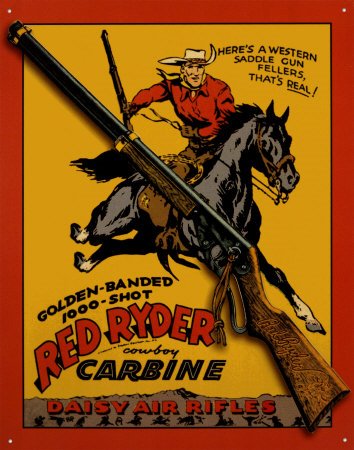In the short story, The Lottery, there seems to be many characters that get mentioned but we never find out much detail. At the beginning, we come to know there is a lottery that will be taking place, yet we don't fully understand what will happen. Alls we know is that it is a ritual and Mr. Summers is in charge. Also, we know that other towns have stopped doing this event. The rising action is the build up to the lotter. The kids are gathering stones and the people are waiting for absolutely everyone to arrive. The rising action in the story is when the audience is held in suspense as to why it is such a big deal for everyone to be present and emotions are tense. The climax is when each member draws a card. Lastly, the falling action is when Mrs. Hutchinson is chosen to be stoned. Of course, the plot in the movie would have to have a little bit more detail and explanation. A basis for where it takes place, why it is happening, how it is happening, and what happens to Mrs. Hutchinson in the end. This movie would be really dramatic and eye catching to the audience.
POINT OF VIEW
In the story, the p.o.v is told by an omnicient narrator. THe audience never really finds out much detail about individuals or feels sympathy, rather we just get the basis for what is going on. THis is a major part that would have to change in the movie. I would have one of the character, perferably a Hutchinson child, be the narrator. However, also allowing for insight on other characters and their emotions. But the reason for having a Hutchinson kid narratoring, the audience would build more and more sympathy and attention towards the Hutchinson's in general. The lottery is a huge deal, yet in the short story, I felt as if the meaning of the story was brought down because of the p.o.v.
CHARACTERIZATION
To make this story a feature film, characterization would have to change drastically. In the short story, the only we find out who characters are and how they are feeling is by their name and little small details from the narrator. Also, there is some small dialogue that takes place. In the movie, details about the villagers lives will be known, and images of how they live and how the lottery affects them will be known. Mrs. Hutchinson is a key character. The audience will be able to connect with her and actually feel like they are present and witnessing. Through characterization, the audience will be able to see how Mrs. Hutchinson takes the news personally and also how her family deals with it. Another character that needs to be identified is Mr. Adams. He is the oldest member a part of the lottery. The movie can have a major focus on him and his character can bring insight to the old and new ways the lottery is done.
SETTING
In the short story, the setting is not very elaborate. The only true description we get is that it takes place outside. We know they are in a small town and it is a ritual. In my mind, I imagined a rough, dirty town where the people are very hard workers. Trying to understand what is taking place is difficult from the beginning of the story. We are not given much background as to what is happening but we do know it is not like a lottery we have today. In a way the movie would do the same thing. Keeping the audience in suspense is a very good mechanism that makes movies interesting. The movie, however, would only enhance the meaning of the short story. It would be filmed in a place where it is hot and dusty. ALso, the people will be of lower middle class and truly looking as if they work hard. The audience will be able to relate because it will seem real and true.
THEME
The short story theme became known during the ending. It kind of applys to people today. "Everything is fine until it happens to me." Often times, we go about life just living and never really having a care as to what happens. Yet, when something bad or even good happens we start to think in different ways. I feel like the short story made that known especially when Mrs. Hutchinson was picked. She begged and pleaded to re-draw and that it was not fair. However, before it was her name, she didnt seem to mind that someone would be stoned. The movie in a similar way would enhance this theme. Characters words and actions would highlight the true feelings and how they change when it actually happens to them. Another example of a movie where this takes place is Dear John. The couple are happy together until he gets called to war. They knew others were involved in war, yet they did not think it would affect them until it happened to them. My idea of turning the lottery into a film would be a good one. I would make sure it would follow the short story but enhance it's good qualities. I would take after the short story i red, Red Ryder Nails the Hammond Kid. A Christmas Story followed the story for most part but added details to make it even better.





